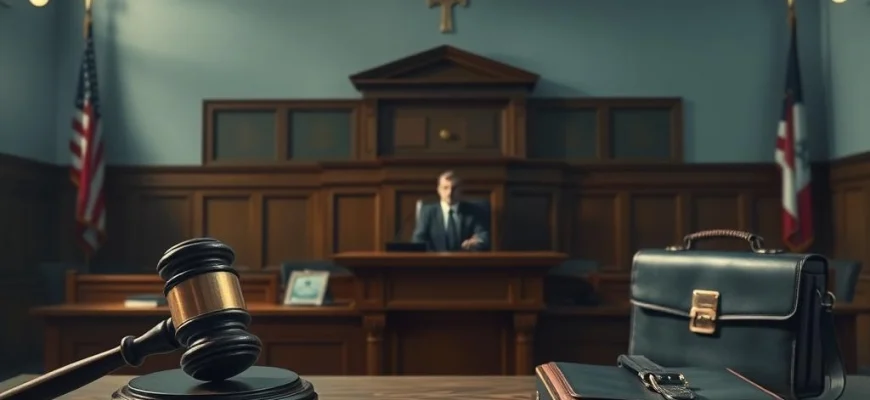If you were captivated by the gripping courtroom drama and thought-provoking themes of 'Inherit the Wind' (1988), you're in for a treat. This article explores 10 movies and shows that share its intense legal battles, moral dilemmas, and powerful performances. Whether you're a fan of historical dramas or love a good debate on justice and faith, these recommendations will keep you engaged.
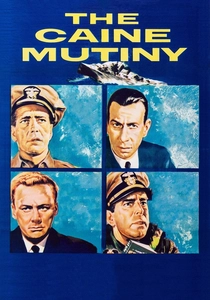
The Caine Mutiny (1954)
Description: A military courtroom drama that explores leadership, sanity, and the moral dilemmas of following questionable orders.
Fact: Humphrey Bogart's performance as Captain Queeg was considered a dramatic departure from his usual tough-guy roles. The film features one of cinema's most famous courtroom breakdowns.
 Watch Now
Watch Now 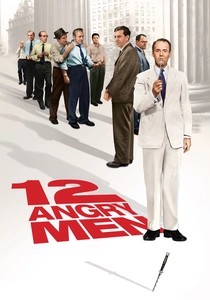
12 Angry Men (1957)
Description: A gripping courtroom drama that explores themes of justice, prejudice, and moral responsibility through intense deliberation among jurors.
Fact: The entire film takes place in a single room, showcasing masterful dialogue and tension-building. It was Sidney Lumet's directorial debut.
 Watch Now
Watch Now 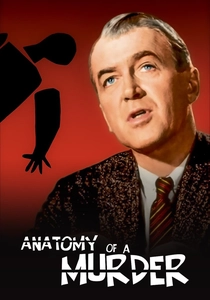
Anatomy of a Murder (1959)
Description: A groundbreaking courtroom drama that realistically portrays legal strategy and the complexities of determining truth in a trial.
Fact: The film was controversial for its frank discussion of rape and sexual behavior. It features one of the first extensive uses of jazz in a film score.
 Watch Now
Watch Now 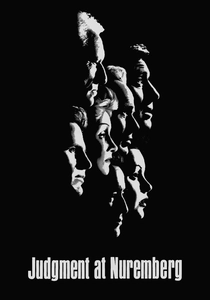
Judgment at Nuremberg (1961)
Description: A profound examination of justice, morality, and collective responsibility through the lens of post-WWII war crime trials.
Fact: The film used actual footage from Nazi concentration camps. It was originally a television play before being adapted for the big screen.
 Watch Now
Watch Now 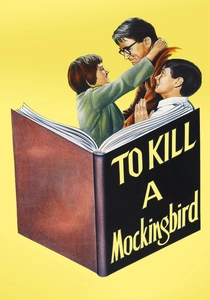
To Kill a Mockingbird (1962)
Description: A powerful exploration of racial injustice and moral integrity, centered around a courtroom trial that challenges societal norms.
Fact: The film's iconic courtroom scene was shot in a real Alabama courthouse. Gregory Peck considered the role of Atticus Finch his personal favorite.
 Watch Now
Watch Now 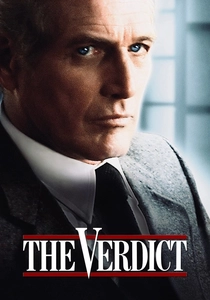
The Verdict (1982)
Description: A compelling legal drama about redemption and fighting against institutional corruption in the justice system.
Fact: The film was shot in chronological order to help Paul Newman develop his character's arc. It features one of cinema's most famous courtroom speeches.
 Watch Now
Watch Now 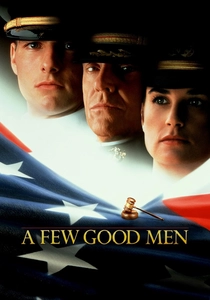
A Few Good Men (1992)
Description: A military courtroom drama that examines the conflict between moral duty and following orders, with explosive confrontations.
Fact: The famous "You can't handle the truth!" line was voted as one of the greatest movie quotes by AFI. The script was based on a real military case the writer's sister worked on.
 Watch Now
Watch Now 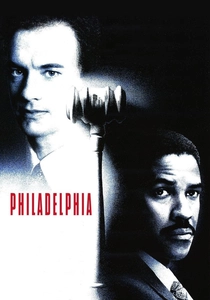
Philadelphia (1993)
Description: A groundbreaking legal drama that tackles discrimination and civil rights through the story of an AIDS discrimination case.
Fact: It was one of the first mainstream Hollywood films to address HIV/AIDS discrimination. Tom Hanks lost significant weight for his role and won an Oscar for his performance.
 Watch Now
Watch Now 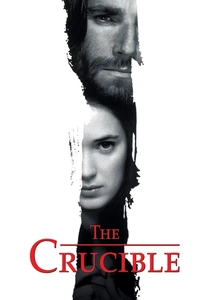
The Crucible (1996)
Description: A historical drama about mass hysteria and the dangers of false accusations, with courtroom scenes that mirror witch hunt mentalities.
Fact: Arthur Miller adapted his own play for the screen, using the Salem witch trials as an allegory for McCarthyism. The film was shot entirely on location in Massachusetts.
 Watch Now
Watch Now 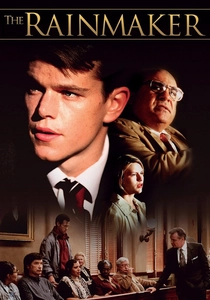
The Rainmaker (1997)
Description: A legal drama about an idealistic young lawyer taking on a powerful insurance company, exploring themes of justice and corporate greed.
Fact: The film features one of the longest courtroom scenes in cinema history. It was Francis Ford Coppola's first directorial effort in five years.
 Watch Now
Watch Now 
